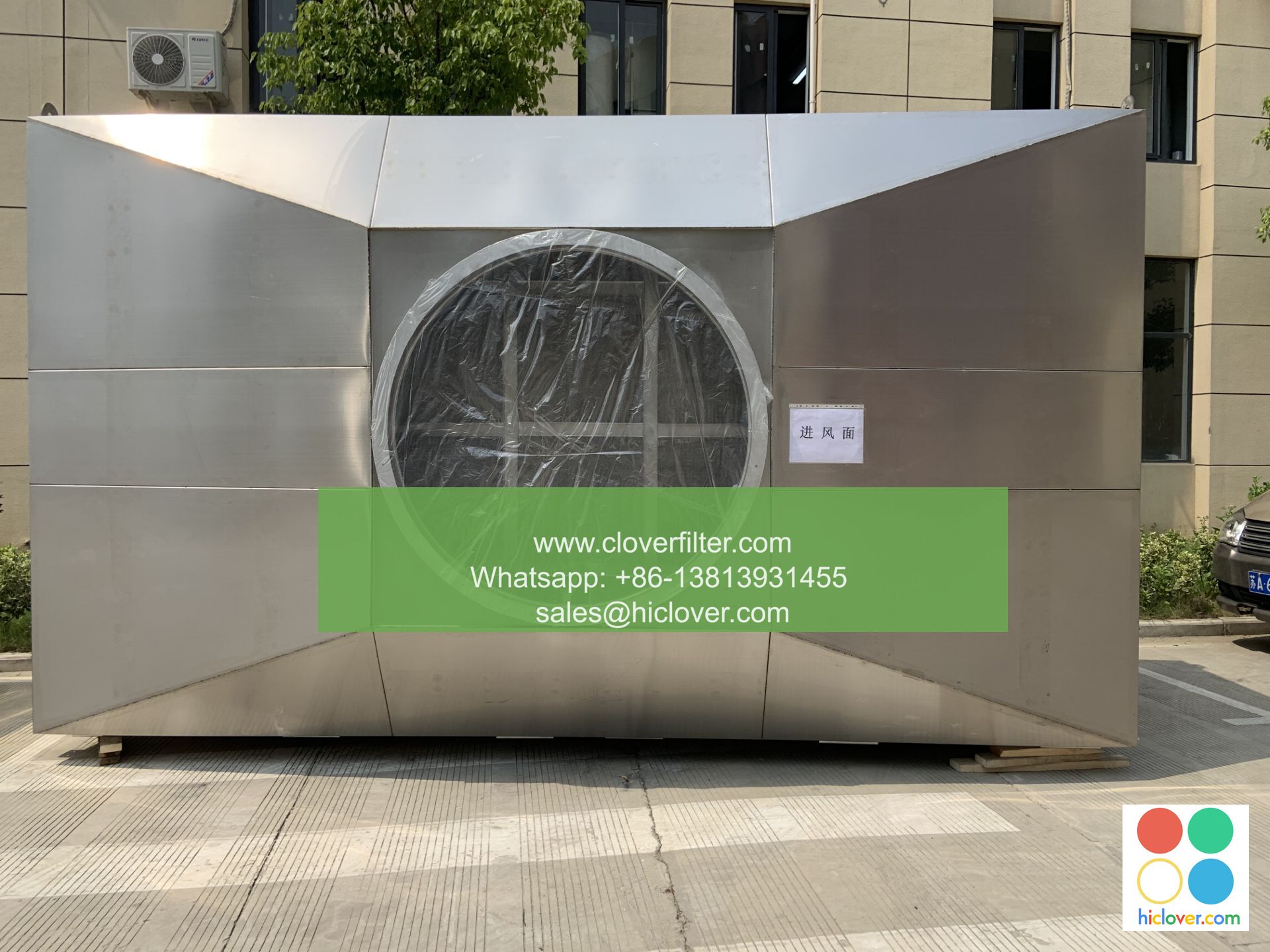Air Filter Selection for Event Venues and Concert Halls

Event venues and concert halls require a unique set of air filtration systems to ensure the health, safety, and comfort of performers, staff, and audiences. The selection of air filters for these facilities is crucial to maintain good indoor air quality (IAQ), reduce the risk of airborne infectious diseases, and prevent damage to sensitive equipment. In this article, we will discuss the key considerations and application areas for air filter selection in event venues and concert halls.
Importance of Air Filtration in Event Venues and Concert Halls
Event venues and concert halls are characterized by large crowds, varied occupancy patterns, and diverse activities, which can lead to poor indoor air quality. The air in these facilities can be contaminated with pollutants such as dust, mold, bacteria, and viruses, which can cause respiratory problems, allergic reactions, and other health issues. A well-designed air filtration system is essential to remove these pollutants and provide a healthy and comfortable environment for everyone.
Key Considerations for Air Filter Selection
When selecting air filters for event venues and concert halls, several factors must be considered, including:
* Filter Efficiency: The ability of the filter to capture particles of varying sizes, including dust, pollen, and microorganisms.
* Filter Type: The type of filter media, such as HEPA, activated carbon, or electrostatic filters, and its suitability for the specific application.
* Airflow Rate: The volume of air that needs to be filtered, taking into account the size of the facility, occupancy patterns, and ventilation requirements.
* Pressure Drop: The resistance to airflow caused by the filter, which can impact the overall system performance and energy efficiency.
* Maintenance and Replacement: The ease of maintenance, replacement, and disposal of the filter, as well as the cost and frequency of these activities.
Application Areas for Air Filters in Event Venues and Concert Halls
Air filters are used in various application areas within event venues and concert halls, including:
* AHU (Air Handling Unit) Systems: Filters are used to clean the air before it is distributed throughout the facility, removing pollutants and contaminants.
* Return Air Systems: Filters are used to clean the air returning from the facility, preventing the recirculation of pollutants and contaminants.
* Supply Air Systems: Filters are used to clean the air before it is supplied to the facility, providing a clean and healthy environment for occupants.
* Smoking Areas: Filters are used to remove smoke, odors, and other pollutants from the air in designated smoking areas.
* Kitchen and Food Service Areas: Filters are used to remove grease, odors, and other pollutants from the air in kitchen and food service areas.
Highlighted Applications
Some highlighted applications for air filters in event venues and concert halls include:
* Concert Halls: Air filters are used to remove dust, pollen, and other pollutants from the air, ensuring a healthy and comfortable environment for performers and audiences.
* Theater and Performance Venues: Air filters are used to remove smoke, haze, and other pollutants from the air, creating a safe and healthy environment for performers and staff.
* Conference and Meeting Rooms: Air filters are used to remove pollutants and contaminants from the air, providing a healthy and comfortable environment for attendees and presenters.
* Exhibition and Trade Show Venues: Air filters are used to remove dust, pollen, and other pollutants from the air, ensuring a healthy and comfortable environment for exhibitors, attendees, and staff.
Conclusion
The selection of air filters for event venues and concert halls is a critical task that requires careful consideration of various factors, including filter efficiency, type, airflow rate, pressure drop, and maintenance requirements. By understanding the key considerations and application areas for air filters, facility managers and owners can ensure a healthy, safe, and comfortable environment for everyone, while also protecting sensitive equipment and reducing the risk of airborne infectious diseases. It seems like you’re ready to start a conversation or ask a question, but you haven’t provided a specific prompt yet. What’s on your mind? Would you like to discuss a particular topic, ask for advice, or explore an idea? I’m here to help with whatever you need!

